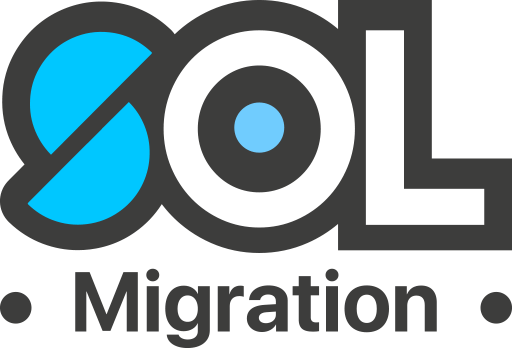Introduction
Effective from 7th December 2024, the authority for Early Childhood Teachers (ANZSCO 241111) skills assessment will be transferred from the Australian Institute for Teaching and School Leadership (AITSL) to the Australian Children’s Education and Care Quality Authority (ACECQA). This transition introduces several changes to the assessment process for individuals seeking to migrate to Australia as early childhood educators.
Key Changes in the Assessment Process
Assessing Authority Transition:
- Applications lodged before 7th Dec 2024: You can still submit your application for Early Childhood Teacher Skill Assessment to AITSL until midnight 6th Dec 2024.
- Applications lodged from 7th Dec 2024: You must lodge your applications to the new authority ACECQA.
- Refund for the withdraw of AITSL applications: If you wish to withdraw your application with AITSL and reapply to ACECQA, you can be refunded AUD861 if your application has not been started yet.
- Completed AITSL assessments: If your application with AITSL has been completed, then the results will still remain valid for two years from the date of issue.
English Language Proficiency:
Under the new skill assessment authority, the English requirements will be reduced, allowing international students to meet the English criteria easier.
- AITSL Standards: The candidates are required to complete four years of study in Australia or other English-speaking countries like the UK, the USA, Canada or New Zealand to meet the English requirements.
- ACESCQA Standards: The applicants are now required to complete at least one year of full-time tertiary study in English in a recognised country.
Supervised Professional Experience:
ACECQA clearly specifies that in order to have positive skill assessment, the applicants with undergraduate qualifications should include at least 80 days of supervised professional experience, with a minimum of 10 days with children under three years old and 30 days with children aged three to five.
For applicants with postgraduate qualifications, they must have at least 60 days of supervised professional experience, with similar age-specific requirements.

How these changes affect international students studying Early Childhood Education?
General benefits:
These updates open more chances for international students to meet the English requirements to become Early Childhood Teacher in Australia. In particular, the changes help save a lot of their time and money. They can meet English requirement just by taking one year of full-time study in Australia
Benefits for Graduate Diploma and Career Changers
For individuals who have prior degrees and now wish to pursue or consider a career shift to early childhood education, they don’t need to enroll in a 4 year teaching course or achieve an high IELTS score (7.0 for writing and reading, 8.0 for speaking and listening). Instead, they can enroll and complete only a one-year Graduate Diploma in Early Childhood Education to meet the English and qualification requirements.
Conclusion
Early Childhood Teacher is in high demand and is listed in the Medium and Long-term Strategic Skills List (MLTSSL), so there are many opportunities for international students to work and live in Australia after completing a teaching course in this country.
Need advice on Early Childhood Education course or migration pathway for this occupation? Contact SOL Edu today at 07 3003 1899 or hello@solmigration.com for more information.


